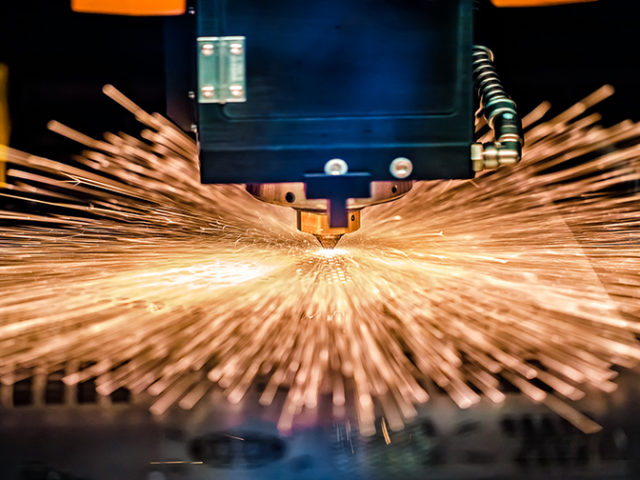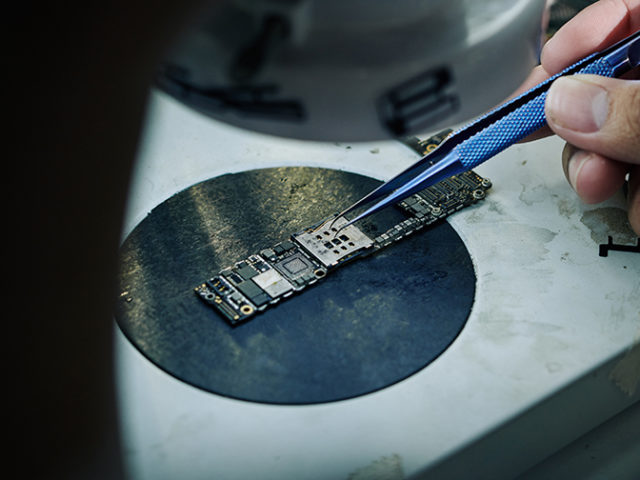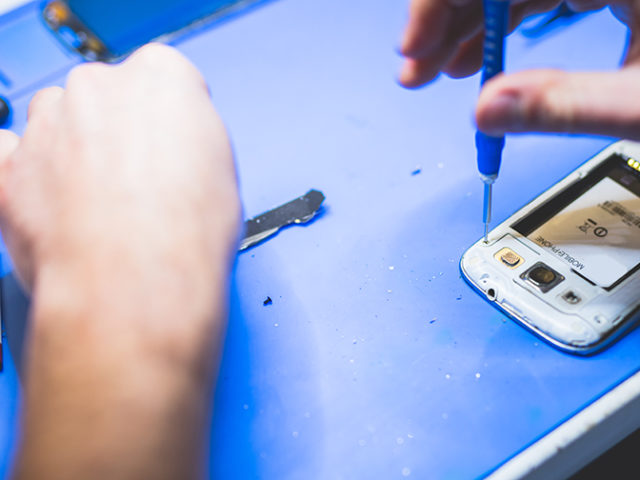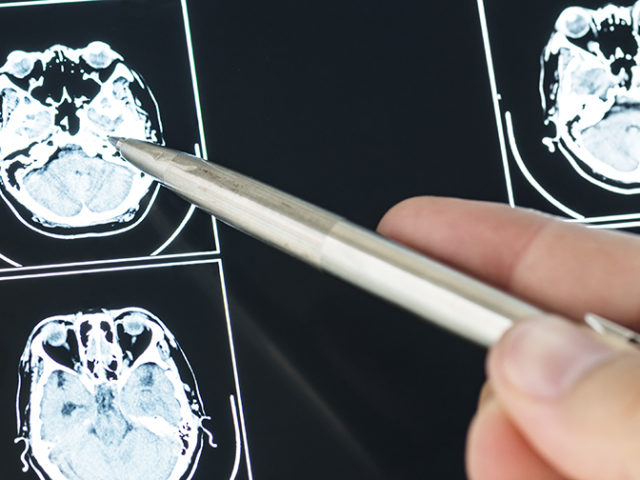Harvard University researchers have demonstrated the first material that can have both strongly correlated electron interactions and topological properties. This discovery not only paves…
Category: News
New quantum squeezing device to detect gravitational wave signals
Just a year ago, the National Science Foundation-funded Laser Interferometer Gravitational-wave Observatory, or LIGO, was picking up whispers of gravitational waves every month or…
Acoustic waves control properties of solids
Physicists from Switzerland, Germany, and France have found that large-amplitude acoustic waves, launched by ultrashort laser pulses, can dynamically manipulate the optical response of…
New low energy consumption three-level memory device is created
Scientists at the Tokyo Institute of Technology (Tokyo Tech) and the University of Tokyo (UTokyo) developed a new three-valued memory device inspired by solid…
Overheating mobile devices is potentially resolved
Modern computer memory encodes information by switching magnetic bits within devices. Now, a ground-breaking study conducted by researchers from NUS Electrical and Computer Engineering has found…
Machine learning to discover how brain memories are functioning
Researchers working in The N.1 Institute for Health at NUS, led by Assistant Professor Camilo Libedinsky from NUS Psychology, and Senior Lecturer Shih-Cheng Yen from the Innovation…
Wearable sensor for detecting gout signs
There are numerous things to dislike about going to the doctor: Paying a copay, sitting in the waiting room, out-of-date magazines, sick people coughing…
White paper of Georgia Tech IoT research center
The Georgia Institute of Technology’s Centre for the Development and Application of Internet of Things Technologies (CDAIT) announces the release of a white paper…
Gravitational wave astronomy used to discover cosmic symphony
Shrouded in mystery since their discovery, the phenomenon of black holes continues to be one of the most mind-boggling enigmas in our universe. In…
MIT conference about AI at the workplace of future
As automation rises in the workplace, speakers explore ways to train students and reskill workers. In opening yesterday’s AI and the Work of the…










